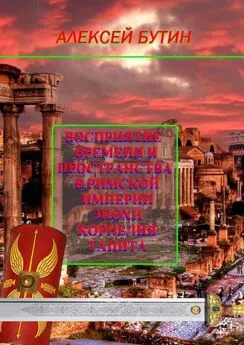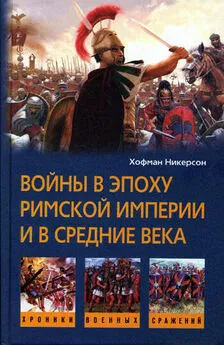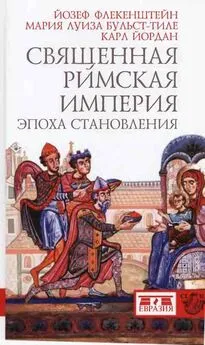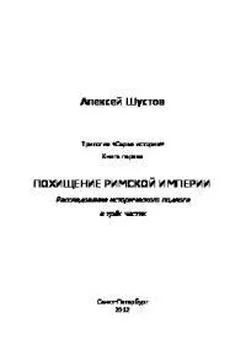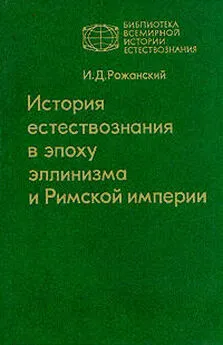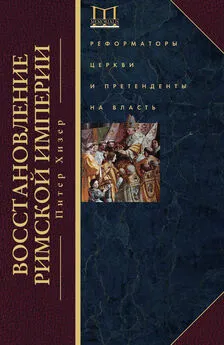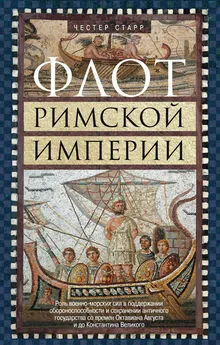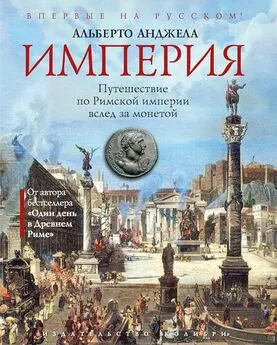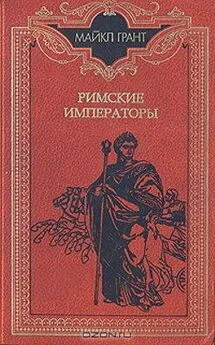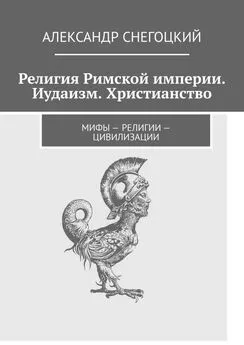Алексей Бутин - Восприятие времени и пространства в Римской империи эпохи Корнелия Тацита
- Название:Восприятие времени и пространства в Римской империи эпохи Корнелия Тацита
- Автор:
- Жанр:
- Издательство:неизвестно
- Год:неизвестен
- ISBN:9785449699145
- Рейтинг:
- Избранное:Добавить в избранное
-
Отзывы:
-
Ваша оценка:
Алексей Бутин - Восприятие времени и пространства в Римской империи эпохи Корнелия Тацита краткое содержание
Восприятие времени и пространства в Римской империи эпохи Корнелия Тацита - читать онлайн бесплатно ознакомительный отрывок
Интервал:
Закладка:
Following the archetypes of their ancestors, the Romans sought to delineate the images of time and space in accordance with the binary oppositions formed in the process of their everyday practice: «one’s own – another’s», «military-peaceful», «public – private», «sacred – professional».
Tacitus as a carrier of the picture of the world inherent in ancient Roman civilization was at the same time a representative of its intellectual elite, transmitting through its historical works the original interpretation of the categories «time», «space» and «history». His view of the history of Rome was based on the conclusions he made from contrasting images of the past and the present, as well as on understanding the contradictory tendencies of the development of Roman society in the first and the beginning of the second centuries.
The main content of the works of Tacitus is socially and politically oriented. These are reflections on the historical role of Rome in relation to the surrounding nations, the collapse of the old republican foundations and the triumph of imperial power, patriotic bravado about the power of the Empire, turning into dramatic descriptions of the decline of the moral foundations of the population of Rome.
Time was estimated by Tacitus from the point of view of his political context; therefore, it is represented by segments consisting of consular periods, military campaigns, and stories about social and political life, and all this is woven together by one common thread – the formation of the Roman World and its romanization. Peace time for him is the time of enjoying the «benefits of peace», public time is the time of hard work in the name of the glory of the Empire. War for him is a drama, but it was the war that promoted the formation of the «Roman World».
In the perception of space, Tacitus is skeptical about the fantasies of his people about the periphery and the cosmos. The sacred center of the world – Rome – was perceived by the historian ambivalent. On the one hand, Rome, as the center of the world, connected the world of the gods with the space of people (vertically) and pushed to itself the whole space of «Pax Romana» (horizontally). But this is his «universal» mission did not correlate with the unworthy manifestations of the space of everyday life.
Time in Tacitus has the following properties: the ability to roll back, dynamism, eventful saturation. He has a tendency towards individualization of time, and his orientation is carried out according to the years of the reign of the consuls.
In the works of Tacitus, the action of the two main driving forces of the historical process is observed. First, these are individual interests and aspirations, in which the individualization of time is expressed. He recognizes the fundamental role of the individual in history (which is completely inconsistent with the polis republican ideology). The second driving force behind his story is the influence of the will («anger») of the gods and the inevitability of fate.
The consciousness of Tacitus as an erudite historian, who had the opportunity to compare the past and the present, which belonged to his time and his civilization, reflected a specific refraction of Roman history, expressed in its complex and contradictory historiosophical concept.
The perception of the past was carried out by Tacitus through the prism of two opposing trends: the attainment of the greatness and glory of Rome and the degradation of public morality. The first tendency was expressed in the idea of «Pax Romana», the essence of which was to spread Roman influence throughout the known world; it is, in other words, a kind of prototype of modern globalization. The idea of «Pax Romana» received its final design under Augustus, and, accordingly, the «Roman World» was conceived by Tacitus already existing in the present tense. The second, the opposite, is a tendency embodied in Tacitus in full acceptance of that formed in the first century. BC. the concept of «moral damage», which implies an assessment of Roman history from the point of view of moral degradation of society. In the past, there were examples of moral virtue, military prowess and just government. In the present, sacred laws and customs were violated all the time, the sanctity of the territory of Rome itself was desecrated, the fall of piety, one of the main components of the republican virtus, occurred.
The ideal for Tacitus was the admirable Roman past. It was there that were samples of morality, military valor, civil virtues, only the past should have been admired. Therefore, it was in him, and not in the present and not in the future, that the so-called «golden age» of Roman history was located. The desire to preserve the traditional Roman morality, the intention to revive republican ideals and values with the help of his writings were for Tacitus the most important tasks of the historical narrative.
So, the comprehension of the concepts of «time» and «space» by the inhabitants of the ancient Roman civilization was complex and controversial, closely related to the general characteristics of their vision of the world. Among the results of this understanding, there is a significant number of features that are related to it with generally accepted ideas about the space-time structures in the consciousness of the peoples of antiquity. On the one hand, the general principles of constructing these concepts were typical of ancient peoples, but, on the other hand, the very course of the history of the Romans predetermined the specifically Roman content of their perception of time and space of their social reality. The space and time of war, filled with the idea of world domination, an intense and attentive perception of public life, a rational and politically biased understanding of the sacred coordinates – these are truly Roman features of understanding the world.
Глава I. Введение. Тацит и его эпоха
Время и пространство – определяющие параметры существования и осмысления мира, фундаментальные формы человеческого опыта, изучение которых способно пролить свет на уникальность изучаемой культуры. Поскольку представители каждой культуры по-своему осмысливали и познавали окружающий мир, постольку их культуры приобретали неповторимый характер. Для древних цивилизаций и Древнеримской, в том числе, характерна особая специфика осмысления времени и пространства, порождавшаяся мифологическим типом мышления: их глубочайшая взаимосвязь, выражаемая в хронотопе культуры и эпохи.
Время и пространство оказывают первостепенное влияние на конструирование картины мира, которой человек руководствуется во всем своем поведении. Эти категории запечатлены в языке, а также в других знаковых системах (в религии, искусстве, науке). Кроме того, по верному замечанию Жака Ле Гоффа, перспективность изучения времени и пространства обусловлена их концептуальностью: они одновременно являются границами и реальности, и мира воспринимаемого, и мира мыслимого 1 1 Ле Гофф Ж. Средневековый мир воображаемого. М., 2001. С. 20.
.
Исследование времени и пространства как важнейших компонентов картины мира древних римлян могло бы приблизить нас к решению проблемы сущности принципата. Попытки представить этот первый в истории режим «политического лицемерия» 2 2 Всемирная история: в 6 т. Т. 1. Древний мир / отв. ред. В. А. Головина, В. И. Уколова. М., 2011. С. 609—615.
без мифологизированных представлений римлян о власти, манипуляций принцепсами идеей «золотого века», которые, в свою очередь, укоренялись в римских ощущениях времени и пространства, обречены на неудачу.
Актуальность исследования определяется и тем, что она находится в русле современных научных изысканий исторической науки, ориентированной на междисциплинарный дискурс. В этой связи необходимо упомянуть об основном для нашего исследования понятии «хронотоп», введенном А. А. Ухтомским в контексте физиологических исследований и вошедшем, благодаря М. М. Бахтину, в арсенал культурно-антропологических работ. «Хронотоп» в современной науке – это универсальное, интегративное понятие, под которым понимают целостное «время-пространство». В нашем исследовании принято именно это понимание хронотопа.
Интегративный характер категории «хронотоп» дает возможность акцентировать целостность картины мира римлян эпохи ранней Римской империи, генерировать пространственно-временные ориентиры, представленные в наследии Корнелия Тацита. Изучение этой проблемы при помощи значимых для историко-культурной традиции свидетельств историка и мыслителя Корнелия Тацита дает возможность реконструировать картину мира римлян эпохи раннего принципата – времени конституирования режима ограниченной монархии.
Экстраполируя термин «хронотоп» на сознание римлян изучаемой эпохи, мы осознаем, что «хронотоп» – это сугубо научная абстракция, неподконтрольная мифологическому типу мышления человека древности. Однако именно этот концепт позволяет наиболее точно передать идею «целостности античной картины мира» 3 3 Кузнецова Т. Ф., Межуев В. М., Шайтанов И. О. Культура: теории и проблемы. М., 1995. С. 154.
.
Одной из главных тем сочинений Публия Корнелия Тацита являлись размышления о взаимоотношения римлян и завоеванных ими народов, что помогает пролить свет на важный аспект восприятия «чужого» пространства и самим историком, и жителями Рима. Как в «Германии», так и в «Агриколе» содержится множество подтверждений «испорченности» римских нравов, что дало повод Тациту искать идеал будущего римского государства в прошлом. Идеи, высказанные в «Диалоге об ораторах», также базируются на столкновении идеалов прошлого и реалий настоящего. Представляя различные социальные группы римского общества, ораторы транслируют спектр мнений об идеальном государстве, общественной морали, политических ценностях. Кроме того, в этом произведении содержится информация о времени и пространстве публичной жизни I – начала II в.
Читать дальшеИнтервал:
Закладка:
